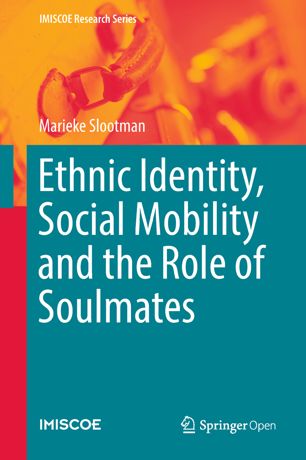

Most ebook files are in PDF format, so you can easily read them using various software such as Foxit Reader or directly on the Google Chrome browser.
Some ebook files are released by publishers in other formats such as .awz, .mobi, .epub, .fb2, etc. You may need to install specific software to read these formats on mobile/PC, such as Calibre.
Please read the tutorial at this link: https://ebookbell.com/faq
We offer FREE conversion to the popular formats you request; however, this may take some time. Therefore, right after payment, please email us, and we will try to provide the service as quickly as possible.
For some exceptional file formats or broken links (if any), please refrain from opening any disputes. Instead, email us first, and we will try to assist within a maximum of 6 hours.
EbookBell Team

4.4
22 reviewsBased on a study among higher-educated adult children of lower-class Turkish and Moroccan immigrants in the Netherlands, this open access book explores processes of identification among social climbers with ethnic minority backgrounds. Using both survey data and open interviews with these ‘minority climbers’, the study details the contextual and temporal nature of identification. The results illustrate how ethnicity is contextual but have tangible and inescapable effects at the same time. Also the findings call for a more reflexive use of terms like ethnic ingroup/outgroup and bonding/bridging. Overall, the book helps us understand the emergence of middle-class segments that articulate their minority identities and as such it will be of great interest to academics, policy makers and all those interested in processes of integration and/or diversity.